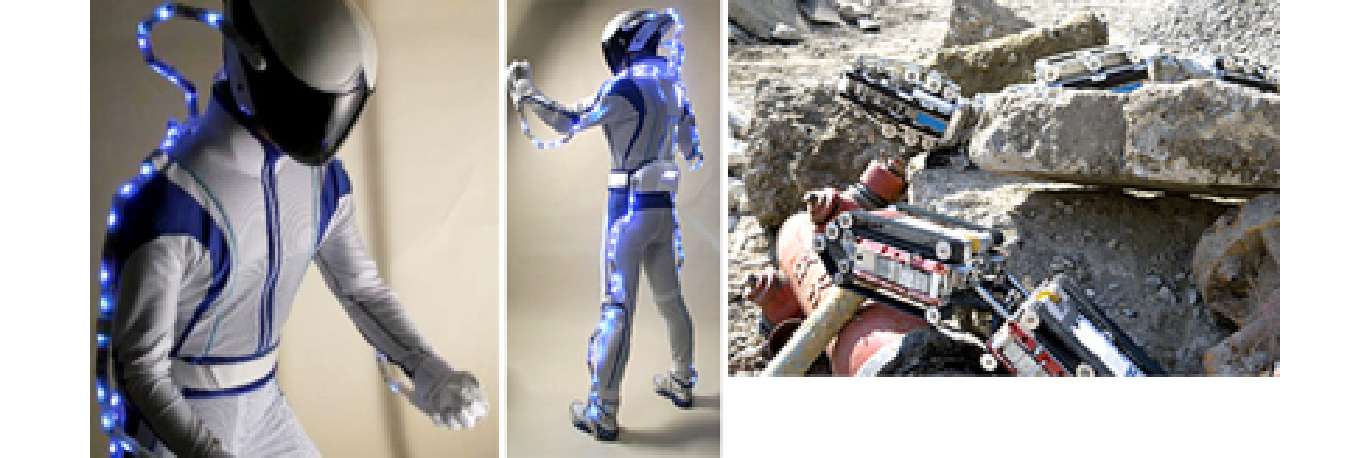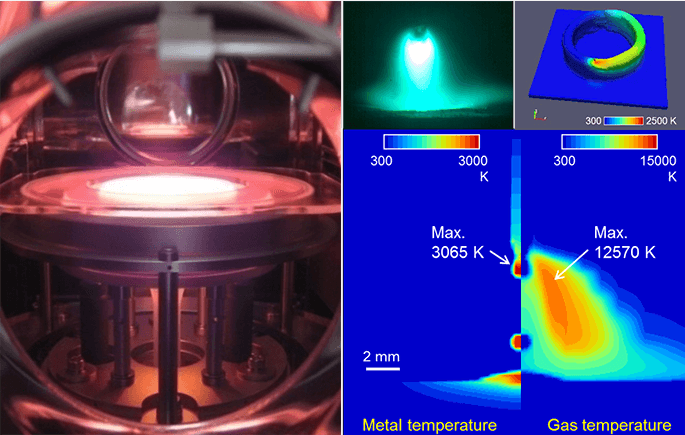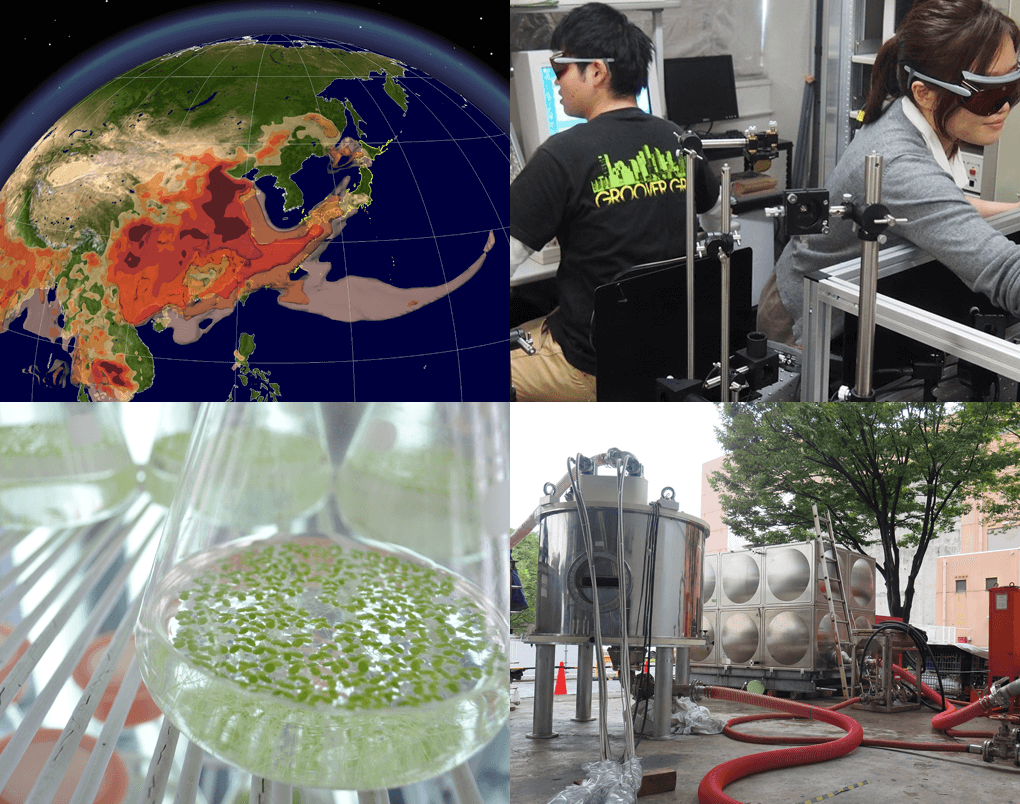Graduate School Divisions・Departments
- Division of Biotechnology
- Division of Applied Chemistry
- Division of Precision Engineering and Applied Physics
- Division of Mechanical Engineering
- Division of Materials and Manufacturing Science
- Division of Electrical, Electronic and Infocommunications Engineering
- Division of Sustainable Energy and Environmental Engineering
- Division of Global Architecture
- Department of Management of Industry and Technology

Division of Biotechnology has history of more than 120 years, starting from brewery and fermentation technology. Based on our advanced biotechnology, we are working on providing solution for problems in our society and industry.
In particular, through learning physics, chemistry, biology, chemical engineering, and information technology, as well as understanding biological systems at genetical and organism levels, we are performing biotechnology researches under collaboration with industrial sectors. International collaboration with Universities outside Japan has been established.

The Division of Applied Chemistry offers two core areas, consisting of sixteen research areas and five cooperative areas. This division aims at educating students to develop their ability to cultivate creativity and originality. Students are also expected to gain broad knowledge in chemistry and related fields, and novel methods of creating molecules and materials through lectures and thesis works.

The division includes two departments, Precision Engineering and Applied Physics. Fundamental and applied physics form the core of the subjects, based on the idea that an engineer who deals with advanced technology must also be a scientist who can lead the world. The division covers various and interdisciplinary fields of advanced science and technology, such as surface science and technology, nanomaterials, device physics, applied optics, first principle simulation, spectroscopy and nanobiotechnology.

Mechanical Engineering provides technologies that make our lives more convenient and safer, and contributes to such technologies as robotics, micromachinery, low-emission vehicles, aerospace engineering, structural safety, transportation, design methodology and bio/medical innovation. Department of Mechanical Engineering of Osaka University consists of the following four areas, covering the abovementioned fields: the Complex Mechanics Area, the Micromechanical Science Area, the Intelligent Machines Area and the Design and Integration Area, and is challenging to expand the cutting edge of related technologies, on basis of “Mechanics” and “Control”.

The division of Materials and Manufacturing Science offers both basic education and field leading research into the physical and chemical properties of materials, the development of new structural/smart materials, and their processing and recycling, and into advanced design/manufacturing systems that respond to various social requirements. The division fosters engineers and scientists who have a clear perception of the engineering flow, from materials development to product manufacturing.

This Division provides three departments: the Department of Electrical Engineering, the Department of Information and Communications Technology, and the Department of Electronic Engineering, offering six courses: Course of Electrical Engineering, Course of Information and Communications Technology, Course of Electronic Engineering, Course of Innovation Design, Course of Global Science and Engineering, and Course of Erasmus Mundus.

The Division of Sustainable Energy and Environmental Engineering deals systematically and coherently with the subjects of environment deterioration and the drainage of energy and resources, which are the most important issues for human beings in this century. Our division provides two courses for graduate students: Environmental Engineering course and Nuclear Science and Energy Engineering course. We conduct research and educational activities toward resolving these global and regional issues and establishing a sustainable, recycling-based society that can harmonize with nature.

The division of Global Architecture offers graduate student programs leading to M. Eng. and Ph. D. (Eng.) degrees in the fields of naval architecture and ocean engineering, civil engineering, and architectural engineering. We seek the technology, planning and design concepts for sustainable development, national land conservation, development of marine resources and marine transportation. Research activities by the faculty have produced distinguished outcomes in the technology, planning and design of social infrastructures.

The department aims to nurture human resources who can facilitate the development of technological knowledge into a business. Extensive introduction of On-the-Job Education (OJE) exercise into the educational program fosters, management ability as well as technical skills. By the collaboration with the graduate school of economics, a special course to take double major master degrees of engineering (ME) and business administration (MBA) for 3 school years.
(Recruitment of new students has been closed)
WEBSITE
